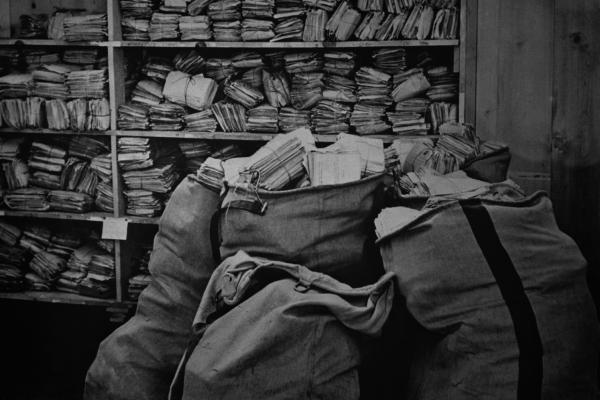Turkish Delight
I read with interest Catherine Woodiwiss’ column about her recent visit to the Hagia Sophia in Istanbul (“Making Room for Delight”). We also recently visited this magnificent edifice on a trip to Istanbul in March. On the day we arrived, a terrorist bomb had been exploded and we were greeted with a bit of apprehension by our guide, hoping we would not let this latest assault stop us from enjoying the Turkish culture and history.
We were staying near the Hagia Sophia and the Great Blue Mosque, so our first visit was to these two beautiful buildings. We were filled with awe, wonder, and delight. But even more, we were comforted by the message of comfort and love that was so clearly and strongly delivered by both “wombs” of faith. Fear is a feeling that closes a door, but the refusal to fear is even more powerful at keeping doors open.
From the Hagia Sophia to the many beautiful mosques, from the crowded bazaars to the busy streets and ferries, we enjoyed an assortment of “Turkish delight.” Thank you, Catherine, for associating “delight” with such a wonderful symbol of God’s enduring presence in the world.
Bill Turney
Houston, Texas
Read the Full Article

